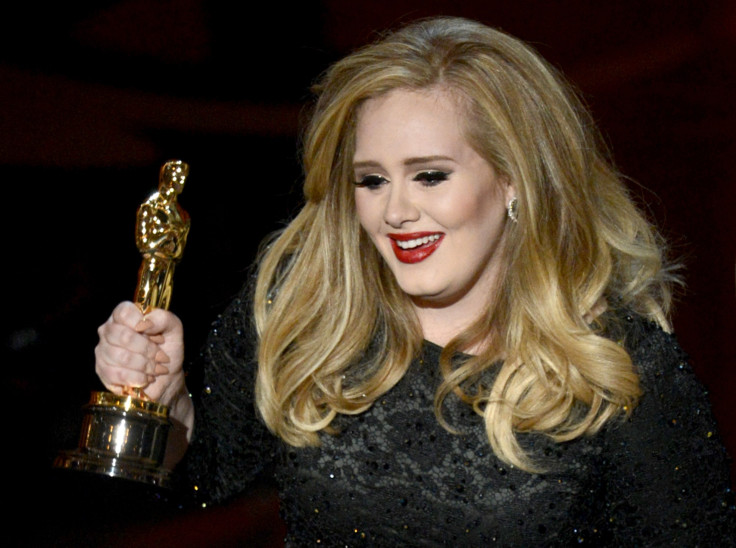YouTube Blamed For Fall In Music Revenues As Vinyl Sales Outperform Video Streaming

2015 was a “stellar year” for British music in all respects but one — revenue.
Despite record sales and global acclaim, British artists earned less money last year than they did in 2014 and according to the body which represents record labels and promotes British music, there is only one thing to blame — YouTube.
In its annual “Music Market” report, the BPI called YouTube’s business model a “value grab” saying that despite YouTube accounting for almost a fifth of all music consumption (up 88 percent year-on-year), it contributed a “meager” 4 percent of revenue.
The BPI’s report revealed that on the surface, the British music industry had a bumper year in 2015 — one in six albums sold globally was by a U.K. artist; five of the top 10 best selling artists in the world were British; and Adele’s “25” was the year’s biggest album, selling 17.4 million copies. It says music consumption — based on album equivalent sales — rose by 12.9 percent if you include streaming of music videos and yet, revenues paid to artists dropped by 0.9 percent to 688 million pounds ($1 billion).
“The disparity between consumption and revenues is explained by pure ad-supported platforms, in which YouTube is the dominant player, contributing a meager 4 percent — just £24.4 million — to this total, despite increasing by 88 percent year-on-year to represent nearly a fifth of total music consumption,” the report says.
While streaming services like Spotify, Apple Music and Deezer have in the past been seen as the enemy by the music industry, these are now seen as a positive influence on the market compared to YouTube. In 2015, streaming services contributed 146.1 million pounds to artists and labels from a similar number of streams as YouTube and other purely ad-supported platforms. This was thanks to audio streams increasing by 82 percent in 2015, leading to a 69 percent rise in revenues.
To put the issue in perspective, the BPI says labels earned more money from the sale of vinyl LPs (25.1 million pounds) than it did from pure ad-supported streaming — principally consisting of music videos streamed on YouTube.
“The fact that sales revenues dipped in a record year for British music shows clearly that something is fundamentally broken in the music market,” Geoff Taylor, chief executive of the BPI said in a statement. “Dominant tech platforms like YouTube are able to abuse liability protections as royalty havens, dictating terms so they can grab the value from music for themselves, at the expense of artists.”
Taylor says the consequences of this trend could see a reduction in investment in new music which would make it difficult for most artists to earn a living, adding that it would also stifle the growth of more "innovative services" like Spotify and Apple Music. He called on the U.K. government to intervene. “This problem requires urgent action by the EU, and our Government needs to take the lead in making sure it is tackled.”
YouTube claims it is monetizing an audience that has never paid for music before and says its rights management system — called Content ID — gives those who own the rights complete control of their music on YouTube, making it easy to remove or profit from their music.
“For years, the music industry lost millions of dollars as piracy rates soared," a spokesperson for YouTube told the Guardian. “Today, revenue from Content ID represents 50 percent of what we pay out annually. In fact, ad-supported music streaming enables revenue from an audience that has never before paid for music. As more advertising money comes online, this will grow to match consumption. Comparisons to other audio-only, subscription music services are apples to oranges.”
© Copyright IBTimes 2024. All rights reserved.












